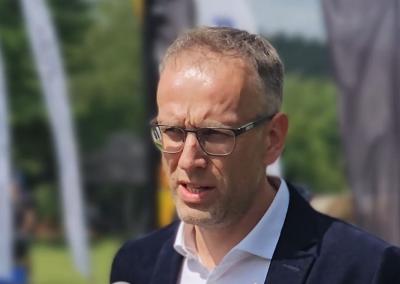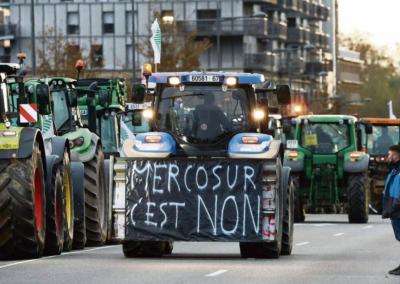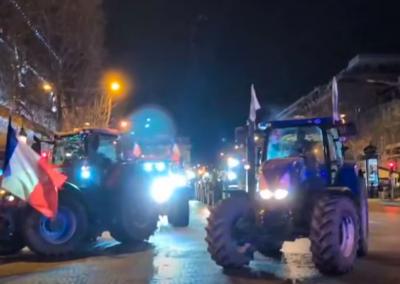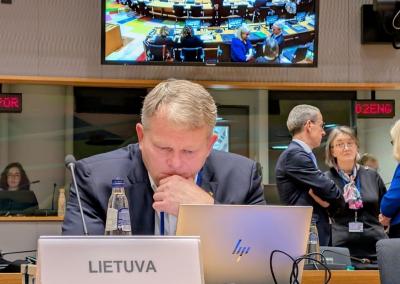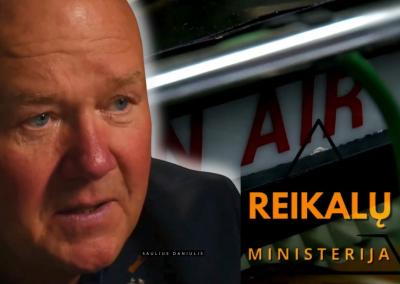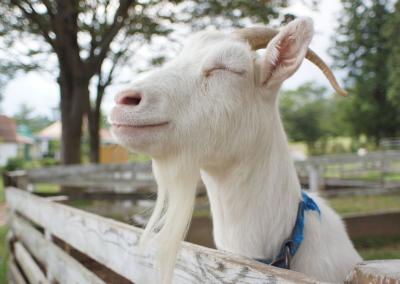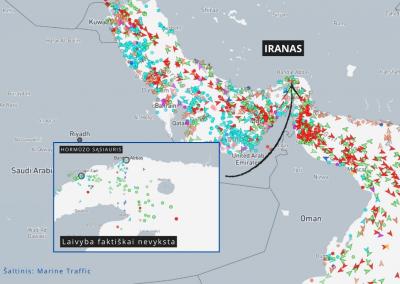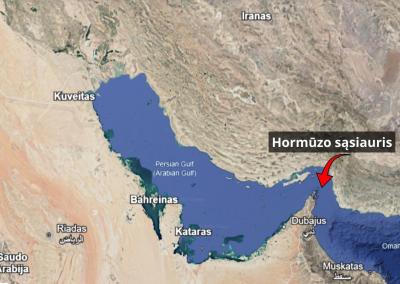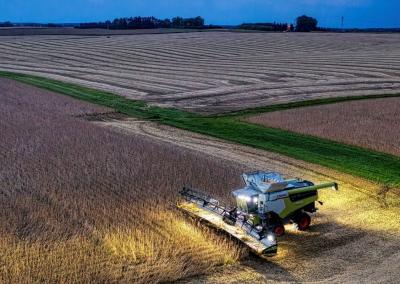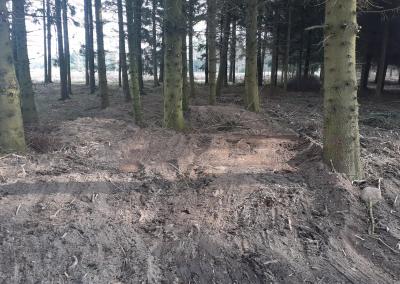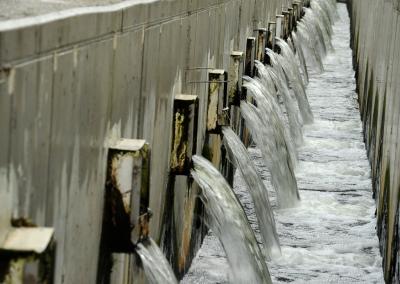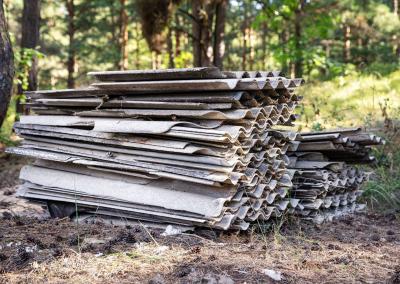Environmentalists charge a farmer with almost €18,000 in damages for destroying a natural meadow
Officials of the Klaipėda Board of the Department of Environmental Protection found that a natural meadow had been destroyed in Salantai Regional Park. The environmental damage amounts to almost €18,000.
In March this year, officials of the Klaipėda Board of the Department of Environmental Protection received a report about a possibly illegally ploughed natural meadow in the village of Kūlupėnai, Kretinga district. According to Lithuanian legislation, it is forbidden to plough, drain or otherwise change the condition and composition of natural meadows and pastures, to plant vegetation or to introduce forest. Natural meadows and pastures must be regularly mown or grazed by livestock, and woody vegetation must be removed or thinned.
An investigation by officials found that in the Salantai Regional Park, a private agricultural plot and an adjacent undeveloped public plot had been ploughed and planted with rape. According to the data of the State Enterprise "Centre of Registers", the parcels in question fall within the area of natural meadows and pastures. The person found to have ploughed natural grassland will be subject to the administrative penalty provided for in the Code of Administrative Offences of the Republic of Lithuania, and has been served with an offer to make good the environmental damage. The amount of the damage has been calculated at EUR 17 701.
To the knowledge of the Department of Environmental Protection, the farmer is taking steps to restore the environment by planting rape on the plots in question.
Why are natural meadows and pastures protected?
Natural grasslands are an integral part of Lithuania's biodiversity, landscape and culture. These ecosystems play an important role in nature and in all our lives. They absorb carbon dioxide from the atmosphere, stabilise moisture regimes and are important habitats for many species, including birds and natural pollinators. Many natural meadows and pastures are extremely species-rich, home to a wide variety of insects (bees, wasps, bumblebees, ants), butterflies, other invertebrates, and to distinctive, rare and protected plants. The loss of natural grasslands disrupts these ecosystems, interrupting their food chains and adversely affecting the insect pollinators on which many of our agricultural crops depend, and which are also an important source of food for many species of animals.


